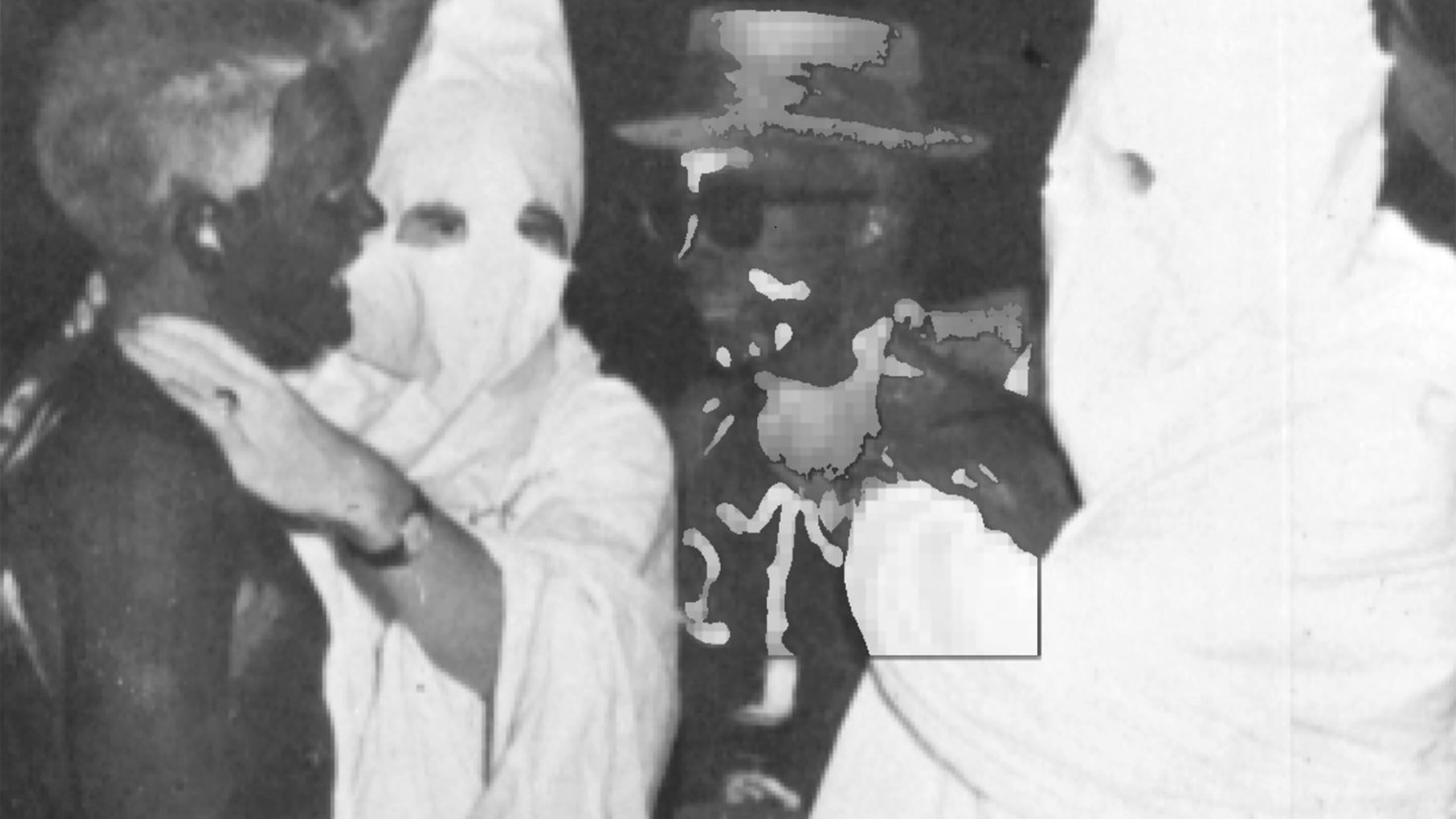Opinion: The importance of facing our history

The current battle over blackface in American history both long past and painfully recent recalls the wise concept that “The past is never dead. It’s not even past.”
William Faulkner’s old point still holds true, despite many who wish it were not so. A harshly divided, often-angry America is now wrestling with blackface, the latest clash reflecting our imperfect state of race relations. Atlanta, and Georgia are no exception.
What was once seen as harmless joshing by some whites has returned to haunt some practitioners or associates years later. Their behavior then, and varying degrees of remorseful contrition now, are juxtaposed against the viewpoint of many African-Americans having little or no tolerance for behavior pointing backward to a painful, unjust past.
The latest episodes of leaders connected with the demeaning, centuries-old trope of blackface has ensnared, among others, leading state politicians in Virginia and even the editor in chief of USA Today.
Searching through old college yearbooks is trending now. The predictable results show that the old minstrel-show legacy of whites wearing blackface continued long past the end of legalized segregation and passage of civil rights laws in the 1960s.
Enmeshed among the past examples are even yearbook photos making light of the Ku Klux Klan, or its murderous handiwork. That should not have been a laughing matter in the 1950s, and certainly not in the 1980s. And it is no laughing matter today, given an Alabama newspaper editorial last week that praised the Klan and urged a return of lynching.
The Atlanta Journal-Constitution is approaching this issue today on our opinion pages in print and online, and in news stories as well because we believe it deserves attention, particularly local examples that our reporting raises. This opinion page believes that spotlight is warranted, even in this current time when a pandemic of closed minds seems an entrenched reality on any side of most any issue, including this one.
America has to be better than this if our democratic republic is to remain a thriving nation. We believe the ancient guidance of Socrates that the “unexamined life is not worth living.” And we believe that is connected to the biblical warning that “a house divided cannot stand.”
Rational people of goodwill must somehow learn to move past today’s unproductive common pastime of firing harsh broadsides at those who disagree with us. Simultaneously, we too often close our ears to any viewpoint we disagree with. A nation of people who individually believe that they are always absolutely right on any issue puts itself at grave risk of losing ground on the domestic tranquility our Founders wrote of.
We must somehow begin to change a rancorous status quo where a constant noise of accusations prevents an honest, however-painful exchange of ideas. Doing that requires listening at least as much as talking. Conversation really does require a two-way path.
The vital democratic construct of civil debate’s at risk of being buried under an avalanche of grievances and anger on all sides.
Such a walled-off environment makes it impossible to use history as a forum to thoughtfully assess past missteps and what they mean in the present.
Today’s societal toxicity makes it too hard to peel back hurts and outrage in order to examine actions of yesteryear that, viewed through today’s optics, were ill-advised, hurtful, insensitive, racist, or even, simply, just stupid.
That said, American society once offered channels for redemption and restoration, especially for errors of youth. Those concepts are enshrined in our religious traditions and even under law, to an extent. We once knew how to assess character sincerity, and assign sanctions for deviancy where needed while offering forgiveness where warranted. That civic mix once let us at times productively move on from impasses.
None of which is to ignore history’s lessons. We believe it is a mistake to view blackface through a popular modern lens that assumes we long ago arrived at the American ideal that all people are created equal. We can disagree on progress, but we should not overlook that equality’s aspirational goal was a lot farther away not all that long ago. Doubters, please see 1980s yearbooks.
Seen through that context, blackface can be viewed as just another arrow in a quiver of historical tactics used by a majority in power to keep black people in their – inferior – place.
That history remains behind much of the passion around the topic today. As Faulkner tells us, past misdeeds are hard to move beyond.
Yet the ideal of ever-pushing toward a more-perfect union nonetheless compels us to do just that.
>> Opinion: Wearing blackface then or now is display of ignorance
Andre Jackson, for the Editorial Board.


